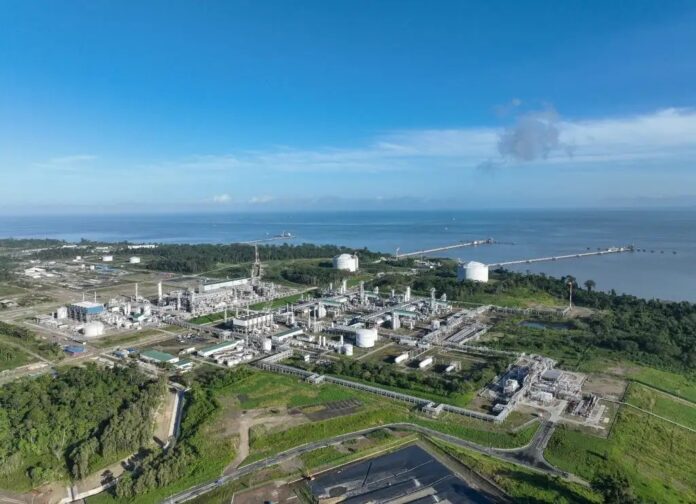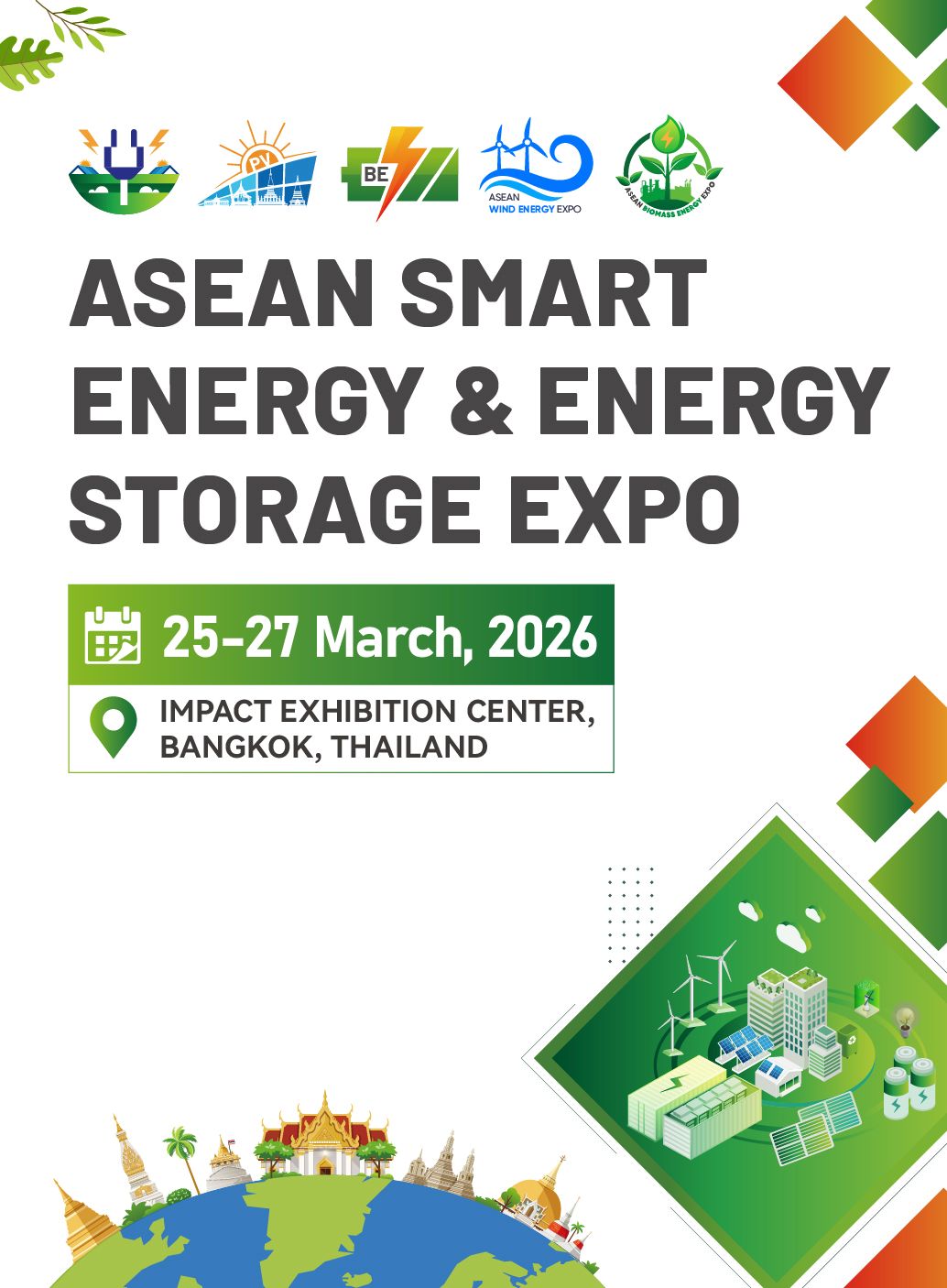Ecobiz.asia — Energy company bp and Mitsubishi Research Institute (MRI) have been selected by Japan’s Ministry of Economy, Trade and Industry (METI) to conduct a feasibility study to develop a Carbon Capture, Utilization and Storage (CCUS) methodology under the Joint Crediting Mechanism (JCM) framework between Indonesia and Japan.
The initiative aims to create a JCM methodology that would enable the Tangguh CCUS project in West Papua to be recognized as an international carbon credit generator, while expanding the use of carbon capture and storage technologies across Indonesia’s industrial sectors.
According to bp, the study will examine mechanisms for implementing CCUS and Enhanced Gas Recovery (EGR) under the JCM, covering carbon accounting, monitoring and reporting systems to ensure international recognition of carbon credits.
“This methodology will open opportunities for domestic CO₂ emitters involving Japanese investment to generate carbon credits in the future,” bp said in a statement on Thursday (Oct 16, 2025).
Indonesia and Japan launched their JCM partnership in 2013, and adopted the Joint Crediting Mechanism Guidelines for Developing Proposed Methodology for CCS and CCUS during the 10th Joint Committee Meeting held in Jakarta in December 2024.
The feasibility study is expected to establish a framework for large-scale carbon capture, transport, and storage across industries in Indonesia, supporting the country’s Net Zero Emission 2060 goal and Japan’s cross-border decarbonization efforts.
bp said it remains committed to working with governments and international partners to expand CCUS deployment as an effective large-scale emissions reduction solution across Asia. ***





